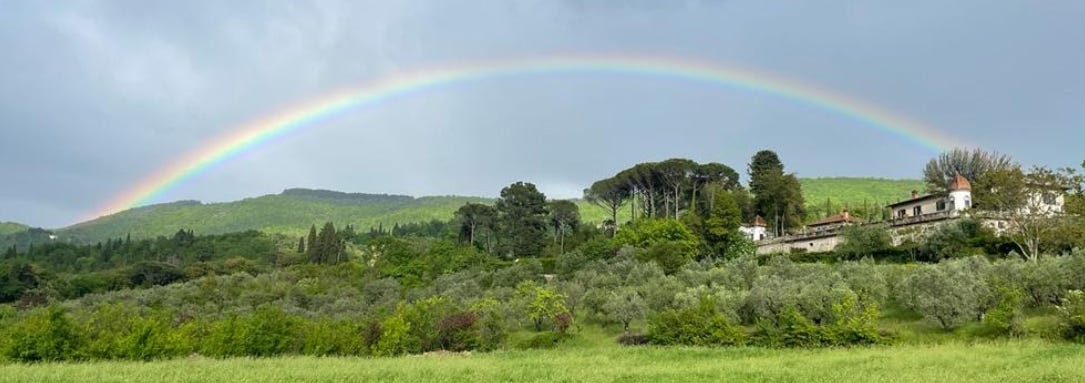Ignore the teenage me
The policy paradox applied to the environment
Teenagers are meant to be unbearable. When I was one I had long blonde hair, an ecologically minded T shirt that was bought to impress a Canadian girl (“We don’t inherit the earth. We borrow it from our children”), and an unshakable feeling that I was right about a whole raft of things. What really surprised me, though, was how obvious some of those things were, and how odd it was that others (older others, in power) hadn’t realised this and done the right thing.
In my teenage world, power was something that allowed you to chose which lever to pull. You pulled it and result x happened. The hard bit was trying to convince people to pull the right lever. Sometimes they didn’t, which meant that those in power were stupid, corrupt or evil. Simple as that.
A lot of this kind of thinking still goes on today, and a lot of it is focused on the environment. This is because climate change is quite obviously a very bad thing, requiring immediate action, and yet somehow the correct lever is not being pulled.
I was reflecting on this when I read Sam Freedman’s excellent recent Substack on ‘The Policy Paradox’. This focused on the reasons why obviously good and largely uncontested policy ideas failed to be turned into reality. Take the idea that a key solution to problems within Britain’s health service is to concentrate more resources on preventative health. Obviously good, but yet almost all spending on such measures continues to fall. Why?
Sam’s analysis focuses on three areas, specific to governing in Britain but applicable far beyond the country’s borders: 1. Spending rules; 2. Misdiagnosis by policy makers; 3. Fear of the electorate. His advice is to always ask of those trumpeting a particular policy, “given you’re not the first person to think of this why hasn’t it happened before?”
This can and should also be applied to environmental and climate issues, as a way of trying to pick apart the transmission mechanism between what we know should happen to meet the challenge of climate change, and what actually does happen. It seems to me that there are more than three main areas to focus on here, ranging from the challenges of transnational governance to finance and investment, government short-termism, and the sheer complexity of replumbing a global economy that runs on fossil fuels.
But complexity does not mean the questions should not be asked. This is where journalists and communicators need to step up, and refocus on the key transmission mechanisms that are holding back a comprehensive shift to clean energy. This also means less focusing on trumpeting that something is right and others are wrong, and more on asking why – if that is so – it’s not happening.
Going back to my earlier Substacks, I’ve made the argument that the environmental debate is no longer about why action needs to be taken. Governments and other bodies have bought that and have made their pledges towards net zero and other targets. The real challenge now is how to do it, how to go about replumbing a world with low carbon energy.
For me, the clear (simplistic?) answer is to focus on two areas.
The first is things that need to be overcome if progress is to be made. For instance short termism by governments, which can be combated by greater political pressure from voters (this is happening). Or those generations in rapidly developing parts of the world able to experience and consume things that their parents and grandparents couldn’t imagine. The answer to the ramping up of their consumption is not degrowth, but greater knowledge and the power of aspiration could be harnessed to great effect.
The second thing is the opportunities to be latched onto if a clean energy world comes into being. For instance a strong and competitive future economy able to underwrite the lifestyles you’re overly attached to (do you hear me, American drivers and European holidaymakers?). And jobs and financial security for your kids.
At no point would you have got answers like these from my teenage self. Be impressed by the ability of the young to be exercised by what is right and wrong in the world, but don’t lean on them for answers about how to make those right things happen.
I’m a journalist, author and think-tank-comms worker. I’ve lived and worked all over the world, and I’m currently in Italy. My free substack is aimed at unpicking a few thoughts about the world of environmental actions/communications/journalism, but I’ll branch out more broadly - probably looking at how to understand countries and places by getting out and walking around them. Get in touch at nicholaswalton99-at-gmail.com, or on Twitter @npw99.



